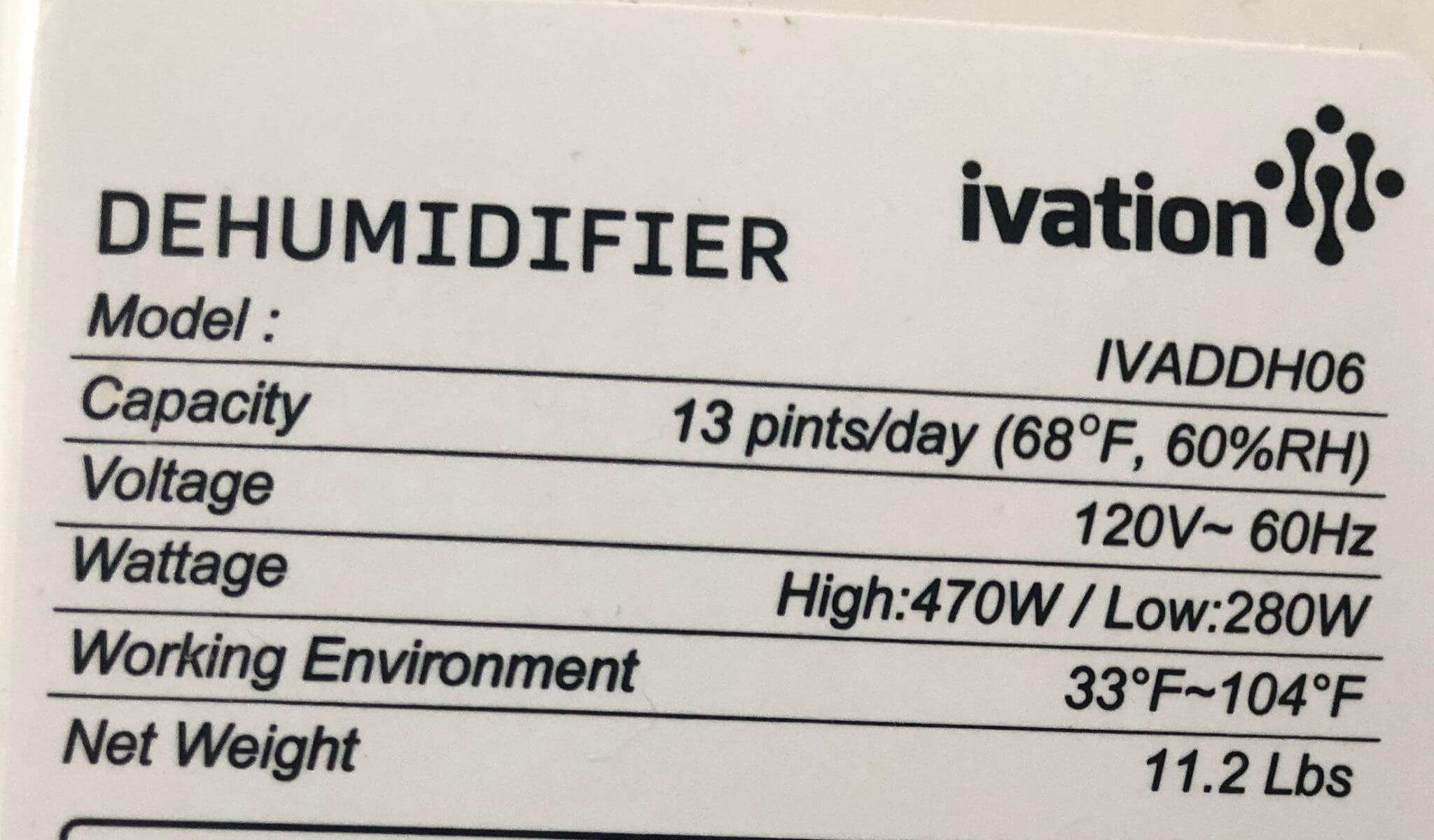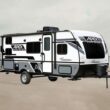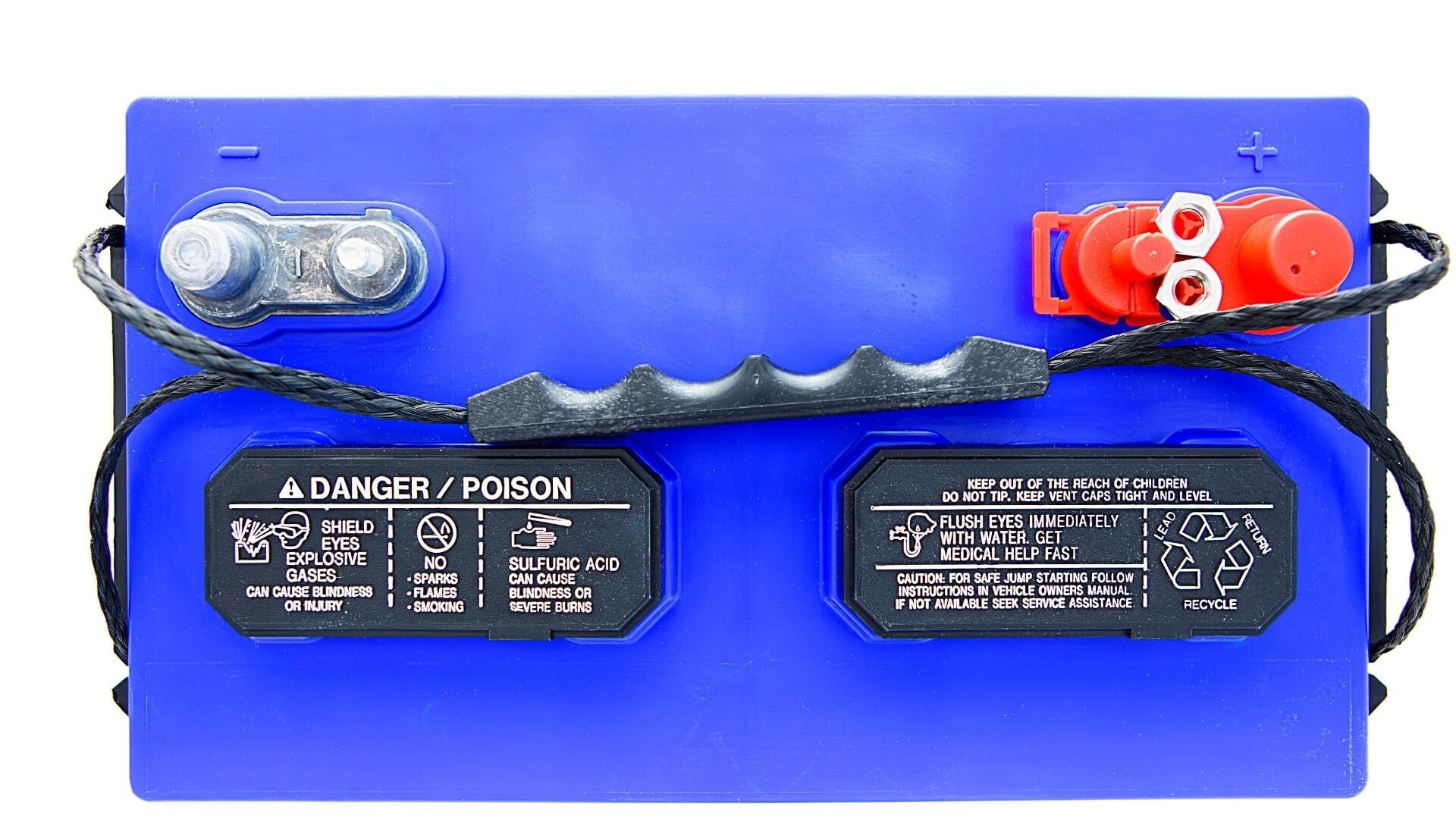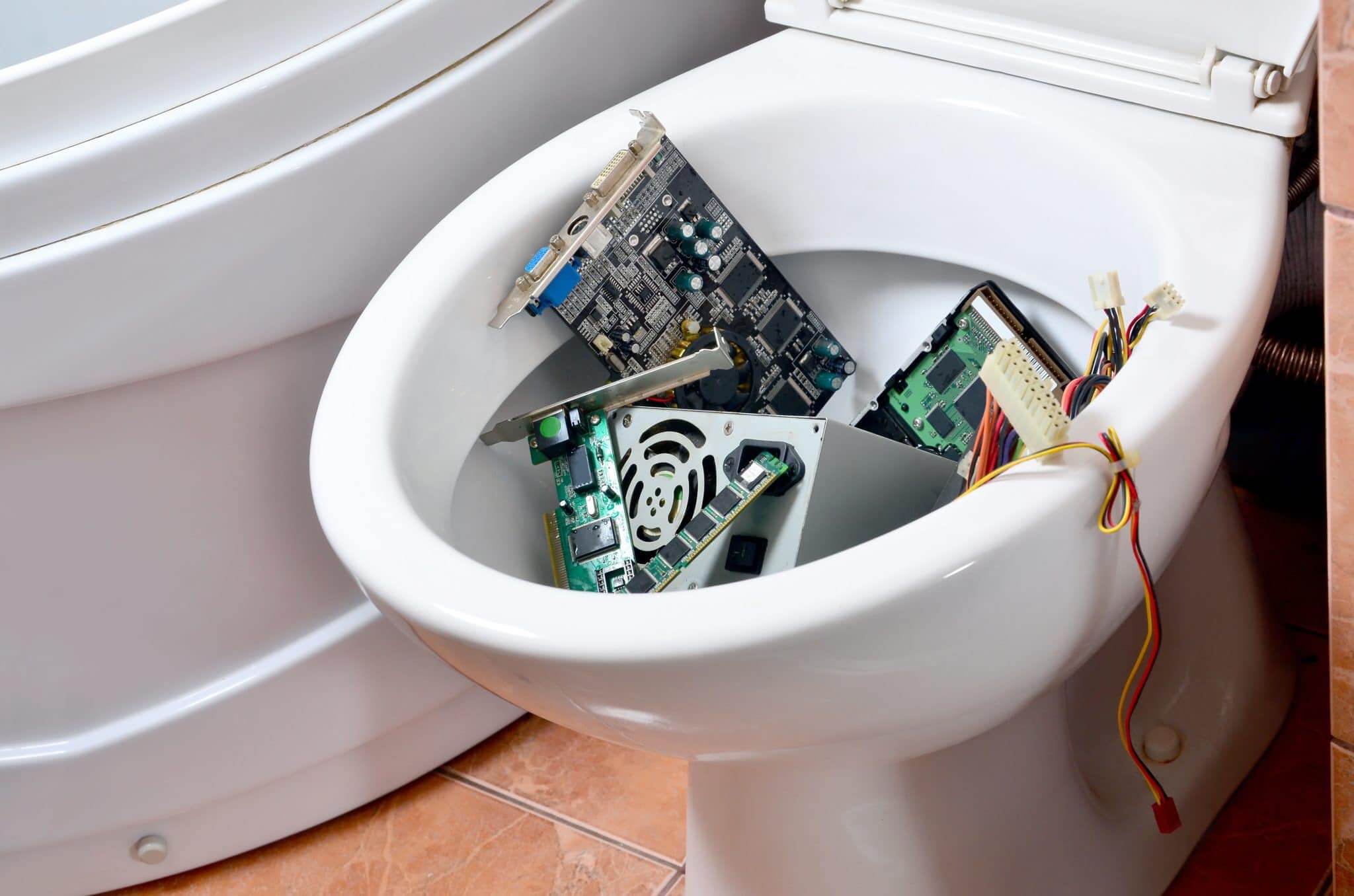Table of Contents Show
The RV house battery can be one of the most perplexing things to figure out when you are trying to figure out how your motorhome or travel trailer works. It sounds simple. You have, say, a 100 amp hour battery. 100 amp hours, wow! That should last for days, right? Wrong! It really isn’t rocket science, but it is math, when it comes to figuring out how long that 100 amp hour battery will actually last in the real world.
Difference Between Amps and Amp Hours
First off, we need to understand the difference between Amps and Amp Hours. The basic breakdown between amps and amp-hours is that amps are a unit of electrical current, while amp hours are the units of “current storage capacity.”
How to Calculate Work Hours on a Battery
The first thing we want to do is convert to watt hours. Most devices you use will have their watt usage listed on them. You can convert Amp Hours to Watt Hours using the formula below:
Amp Hours X Voltage = Watt Hours
If we add in our example 100 Amp Hour battery size we get: 100AH X 12v = 1200 WH
That means that our 100 amp battery can sustain about 1200 watts from devices for an hour or 600 watts worth of devices for two hours.

In a real-world example, our humidifier lists a wattage of 280w on low and 470w on high. That means that a single 100 amp hour battery can power it on the low setting for 4.29 hours and for 2.6 hours on high.
It would be great if devices told us specifically how many amps are used, then you could simply divide the battery capacity by total device amps. But most devices give you a rating in Watts, which is why we need the above formula.
How many Amp Hours do you really get from a 100ah battery?
The above formula, however, exists in a theoretical bubble. Like most things in life, calculating how long a battery will actually last isn’t quite as simple as knowing the formula. There are several factors at play that reduce that theoretical Discharge Time into real-world usage.
Low voltage cut off
Most batteries can be damaged if they are depleted below a certain level. So there is a low voltage cut off point that you don’t want to deplete your batteries beyond. You may have a device that automatically makes the battery unavailable at the low voltage cut off point or you may have to monitor your battery manually.

Battery Type
The type of battery you use in your RV also makes a difference in how many usable amp-hours you actually have. Lead-acid batteries are less forgiving than lithium batteries in how far they can be depleted, so you have less available amp-hours, despite the battery’s amp hour rating.
A lead-acid battery isn’t recommended to be drained below 50 percent capacity. That means your 100 amp hour battery in real-world applications will actually only last around 40-50 amp-hours.
A LiFePO4 (lithium iron phosphate) battery can be safely discharged to “0” percent capacity. You wouldn’t normally discharge it that low, but you can expect about twice as many usable amp-hours as you would get from a lead-acid battery.
Excessive Parasitic Draw Rate
There are numerous appliances and devices that, even when not in active use, have control boards or other elements that draw 12V power from your house battery. This is called a parasitic draw.
It is normal, but can significantly affect how many amp hours your battery will last between charges. And don’t forget about the little lights in your storage bays, booster antennas, and other devices that are easy to forget about that can draw down the battery. It all adds up!
Getting Less Than A Full Charge
If you don’t fully charge your battery, it’s not going to provide all the amp hours that you expect. A 100 amp hour (or whatever capacity is specified) battery will come much closer to maximum efficiency if you keep your batteries topped off with a full charge.
Calculating Your Watt Hours
There is no simple way to calculate the watt-hours you’ll use on a daily basis without a battery monitoring device. To do so, you need to know how many watts per hour each of your devices use and then multiply that times how many hours per day you use that device. Then you add all of the individual totals to get an estimate of how many watt-hours you need.
- Victron Energy BMV-712 Smart Battery Monitor (Grey) is a high precision smart battery monitor for systems with battery...
- Victron Energy BMV-712 features an additional input which can be programmed to measure battery temperature (temperature...
Why You Never Get all the Power Capacity From a Battery
There are several reasons why you will never get all the power capacity from a battery that it is rated for.
Batteries don’t discharge evenly
You don’t use the exact same devices in exactly the same manner for exactly the same amount of time day in and day out. This means that your battery is discharged at a different rate depending upon how heavy the load is that you are putting on it.
The heavier the load put upon the battery, the less capacity it has, meaning it will be depleted sooner than you might hope.
Batteries are rated for 5 amps over 20 hours of time
A battery’s amp hour rating is based on a consistent load of 5 amps. What that means is that a 100 amp hour battery that has a constant load of 5 amps on it should last 20 hours.
That is all well and good if you were always going to be pulling a consistent draw of 5 amps from the battery, but that’s not how the real world works. In some instances, you will be drawing less than 5 amps per hour and sometimes more, which means the actual amount of time your battery will last is going to vary from day to day.
Pro Tip: When researching RV batteries, make sure to read 12 Volt Or 6 Volt RV Battery: Which Is Better?
Chargers may not fully charge
Your battery may not always get a full charge. As mentioned earlier, batteries degrade over time and usage, so as the battery gets older, it will not be charged fully to 100 amp hours, no matter what you do.
There are also different types of chargers. A multi-stage charger has a more efficient way of charging; thus, keeps your battery’s ability to achieve a near 100-percent full charge for a long time. A single-stage charger is much more blunt. It simply doesn’t have the finesse of a multi-stage charger and can sometimes shorten the life of your battery.
Cycle Life of a Battery Count
Whether your battery is lead acid or lithium it has a finite number of cycles that it can be depleted and recharged. This is the cycle life of the battery. Generally, lead-acid batteries if maintained properly can be good for a few hundred cycles. Lithium batteries on the other hand can last thousands of cycles.
But the number of times and how deeply a battery has been depleted and then recharged affects how much capacity it can hold. The more times it has been cycled, the less able it is to hold its maximum capacity.
Battle Born Batteries offers a full line of lithium-ion batteries. Whether you simply want a drop-in replacement for your current battery or want a reliable off-grid system for some serious boondocking, they have you covered. We've used and abused our Battle Born Batteries for years and can confidently say lead is dead.
So how long does a 100 amp hour battery last?
As you can see, there is no one-size-fits-all answer to this question, because there is no one-size-fits-all way that we each use our RV battery on a day to day basis.
But hopefully, this helps you understand how the battery works and just what that 100 amp hour rating means in the real world. If you can understand that and how to determine the number of amps your various devices use, it’ll go a long way towards making your life easier on the road.
Last update on 2024-10-21 / Affiliate links / Images from Amazon Product Advertising API









Upgraded to 4 6v deep cycle batteries wired in series/parallel. I think the thing to stress is you need to have a reliable battery monitor installed and you need to actively manage you usage. Good article guys keep up the good work.
Hey guys!
wed recently upgraded to solar in August. We had 4 panels squeezed onto the roof of our GDRV 2500RL with a multiplus inverter to charge our 4 battle born batteries. Our initial season was short this year and we are planning a new adventure to Glacier / Yellowstone the summer of 2021 (maybe a detour to Banff).
Tim & Melissa
Blue Road Writers
Michigan
Good article Jason! I have a battery question for you: We are FullTimers in a 2007 Newmar diesel pusher for the last 4 years and for the next 5-10 years, if our health allows. We currently have lead acid batteries in the original set up. A Newmar technician recently told us that with our lifestyle (we don’t boon-dock very often as my husband is suspicious of being off-road), the best thing we could do would be to upgrade to AGM batteries and a Victron monitoring system. His advice was that the total cost to upgrade to a full solar system with Battle Born batteries was not something we would recoup in 5-10 years.
Do you agree with this advice? Any thoughts would be appreciated. Thanks!
You might benefit from a single lithium battery because of the weight and being able to use the entire battery capacity (100 AH) but for your needs, it does not sound like you need a large solar array. Honestly, for most people, a generator to recharge your batteries will be enough.
We are running with 500 amp hour invicta lithium with a 3000 watt inverter/charger by victron and about 1200 watts on the roof via victron controllers and victron 712 bmv
Did you update your charging system?
We don’t intentionally boondock much, but we do hit National Parks frequently so we DO rely on our 12 volt system ever so often. So all we did was to double our 120 AH flooded cell batteries and install a Victron Monitor and a Victron Solar Charger. I also built a suitcase solar panel set using two 100w panels. On a full sun day we can almost replenish our battery bank to 90+ capacity. If it’s a rainy day our trustworthy Predator generator gets a work out for several hours.
Great job Jason. I learned a lot. We’re getting ready to go. Got a 40’ fifth wheel in getting our generator put in and maybe some solar on top..
I have a question. If I buy 100 watts of solar and a rechargeable solar generator, do I also need a battery to go along with it. It’s for camping mostly. Emergency use in a disaster.
Thank you,
Cindy